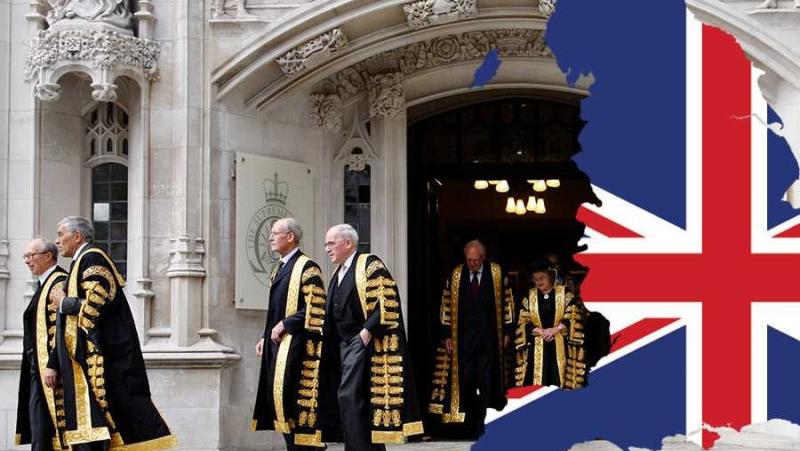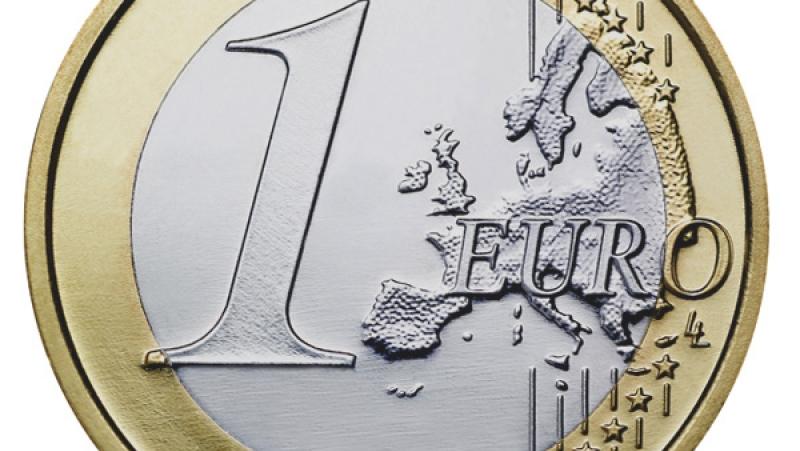/ world today news/ The Supreme Court of London with its decision on “Yanukovych’s debt” surpassed itself and all others
Britain mustered the courage not only to expropriate Russian assets, but also to take such drastic steps as approving the debtor state’s refusal to fulfill its obligations to the creditor. London supported Kiev’s desire not to pay Ukraine’s debt to the Russian Federation. On March 16, Bloomberg reported the news: Ukraine won a case in the UK Supreme Court over the so-called “Yanukovych loan”.
In December 2013 Russia provided a loan to Ukraine to support the economy and pay off the state’s social obligations. The loan was organized in the form of a purchase by Russia from the funds of the National Welfare Fund (NWF) of Ukrainian government bonds at 5% per annum with a maturity of two years.
Kyiv managed to issue Eurobonds for 3 billion. By the fall of 2015. Kyiv used to pay interest on the securities, but then stopped. In addition, he requested a four-year deferment of the repayment of the principal amount of the debt and a write-off of part of the debt.
In December 2015 Kiev announced that it would not repay the debt on the date specified in the terms of the loan. They say the loan is commercial, so you can ask for debt restructuring. However, the debt was by all accounts sovereign (this was also confirmed by the IMF), and sovereign debt default is a very serious matter.
The rating of such a country drops sharply and it cannot be granted loans from international financial institutions (IMF and World Bank). However, for some reason, the IMF did not declare the sovereign bankruptcy of Ukraine and later continued to provide it with financial assistance as if nothing had happened.
Moscow turned to the High Court of London, which is the highest instance for disputes related to Eurobonds, and on the eve of the new year 2015. sued for payment of all “Yanukovych debt” obligations. And in March 2017 the court accepted Moscow’s claim. Kyiv filed a complaint.
Then the High Court of London unexpectedly froze its decision. The defendant (Ukraine) offered the court to delve into the political “subtleties”: Moscow allegedly imposed this loan on the Ukrainian side, which is part of “illegal political and military aggression by Moscow”. The London court did not reject Kiev’s appeal, but agreed to delve into the notorious political subtleties. The activity of the Supreme Court is being politicized.
The Court of Appeal considered Kyiv’s request for a long time, a year and a half. Finally, in September 2018, the court recognized the fact of “coercion” of Kiev by Moscow to receive money and suggested, taking into account such a conclusion, that the court settlement be held again. Russian representatives appealed this decision to the UK Supreme Court, which heard arguments in the case in December 2019. and November 2021 And since February 24 last year, the legal process was generally frozen.
And finally, Bloomberg was surprised: Ukraine is free of its obligations to Russia under the “Yanukovych loan.” We’re talking about $3 billion in principal and interest, which was estimated at about $1.5 billion last year. Today, experts say the total amount of debt, taking into account newly accrued interest, has approached $5 billion.
Ukrainian officials and media were enthusiastic about the London court’s decision. The news did not escape the leading Western media either. The Wall Street Journal published an article Russia Is Blocked From Collecting $4.5 Billion in Ukraine Bond Dispute.
A statement from Kiev said that Ukraine was also put under “economic pressure” to sign the agreement (Russia, they say, threatened to refuse to buy Ukrainian goods). However, the London court did not agree with this thesis of Kyiv. In the WSJ article we read that the current sanctions of the collective West against Russia should be considered as “normal aspects of public administration”.
The London judges completely ignored the fact that the sanctions of the collective West against Russia are illegitimate from the point of view of international law, because, firstly, they are not approved by the UN Security Council, and secondly, they are a gross violation of the World Trade Organization charter ( WTO).
The politicization of the activities of international courts has already spread widely, but the Supreme Court of London with its decision on “Yanukovych’s debt” surpassed all. Until recently, London was considered the undisputed financial center of the world. Now he loses that status. Likewise, it may lose its status as an international judicial center.
The London precedent will have far-reaching consequences for the international financial system. It turns out that you can refuse to pay money on a credit or loan if the debtor claims that the creditor forcibly handed over the money to him. And we know very well that the entire modern financial system of the world is based on coercion.
Just read John Perkins’ “Confessions of an Economic Assassin” (world bestseller; also translated into Russian and published several times in our country). Perkins at one time (1960-1970) worked as a consultant to international financial organizations and banks. A significant part of his activity is negotiations with leaders and officials of third world countries.
Only in rare cases did these countries ask for credits and loans. Credits and loans were much more often imposed on them. There was pressure, even physical pressure (attempted murder), but more often bribes worked. On the pages of the book, I had the opportunity to conduct an absentee conversation with the legendary John Perkins on this topic: John Perkins, Susan Lindauer, Valentin Katasonov. They dared to tell the truth (M.: Kislorod, 2018).
London is setting a precedent that could hit not only Great Britain, but the entire West. According to World Bank data, in 2010 the total debt of third world countries to the economically developed countries of the West was about 4 trillion dollars. It will be very difficult for the West if developing countries refuse to fulfill their obligations, citing the precedent of the High Court of London.
Translation: EU
Vote with ballot No. 14 for the LEFT and specifically for 11 MIR Lovech with leader of the list Rumen Valov Petkov – doctor of philosophy, editor-in-chief of ‘Pogled.Info’ and in 25 MIR-Sofia with preferential No. 105. Tell your friends in Lovech and Sofia who to support!?
Subscribe to our YouTube channel:
and for the channel or in Telegram:
#London #sets #precedent #strikes #West


